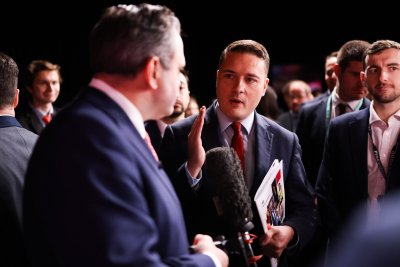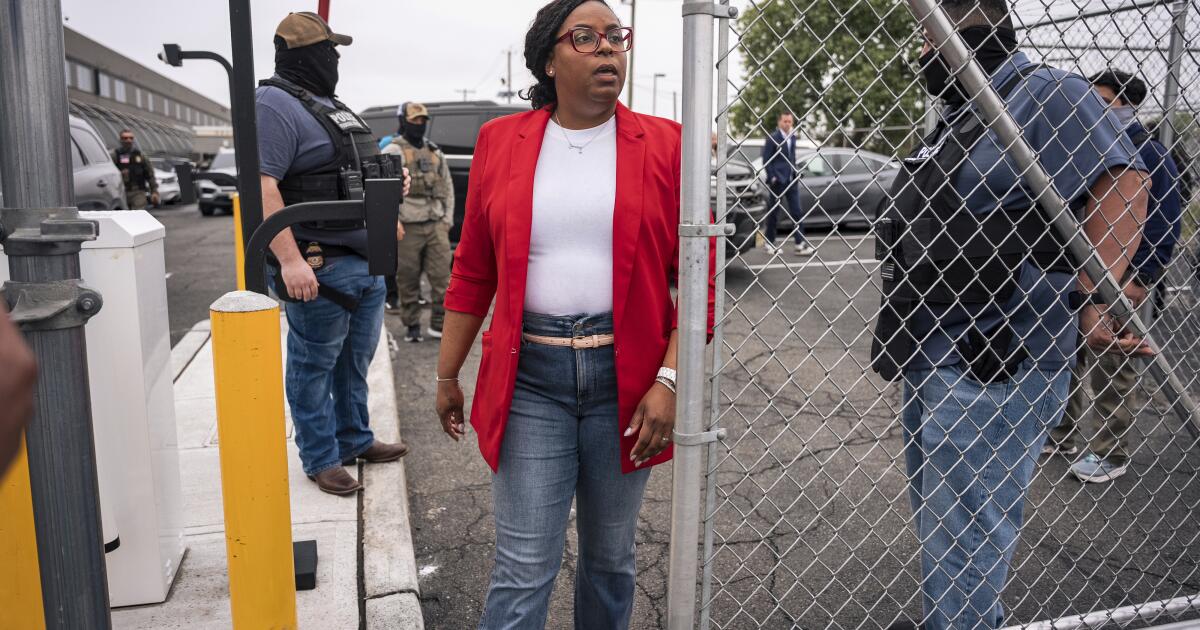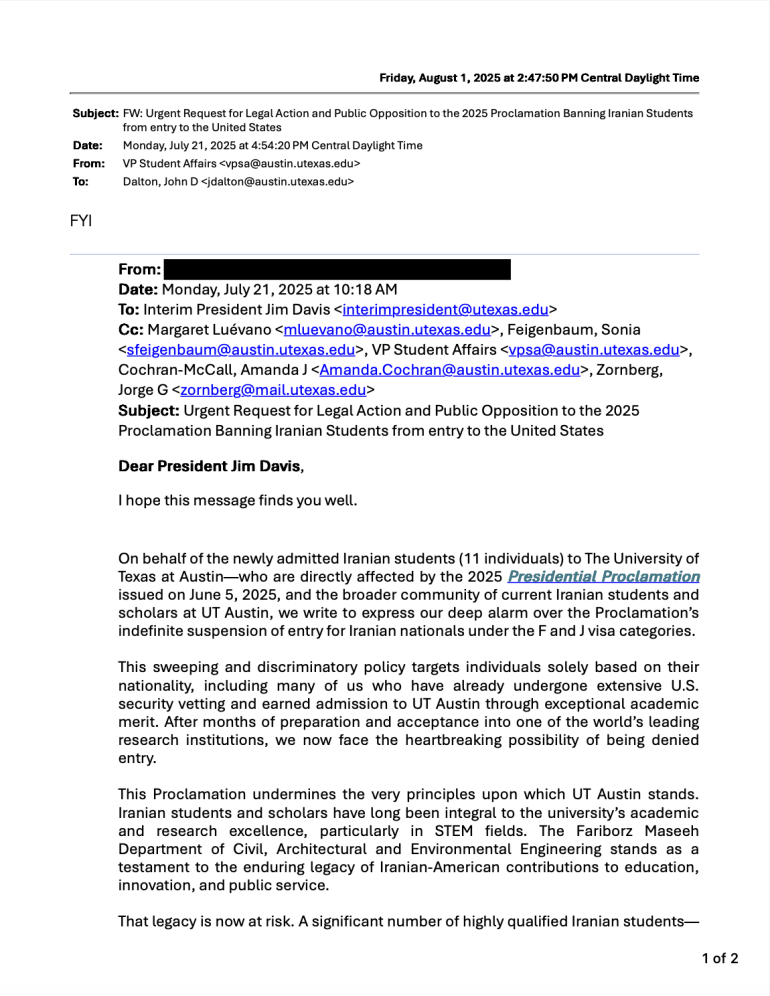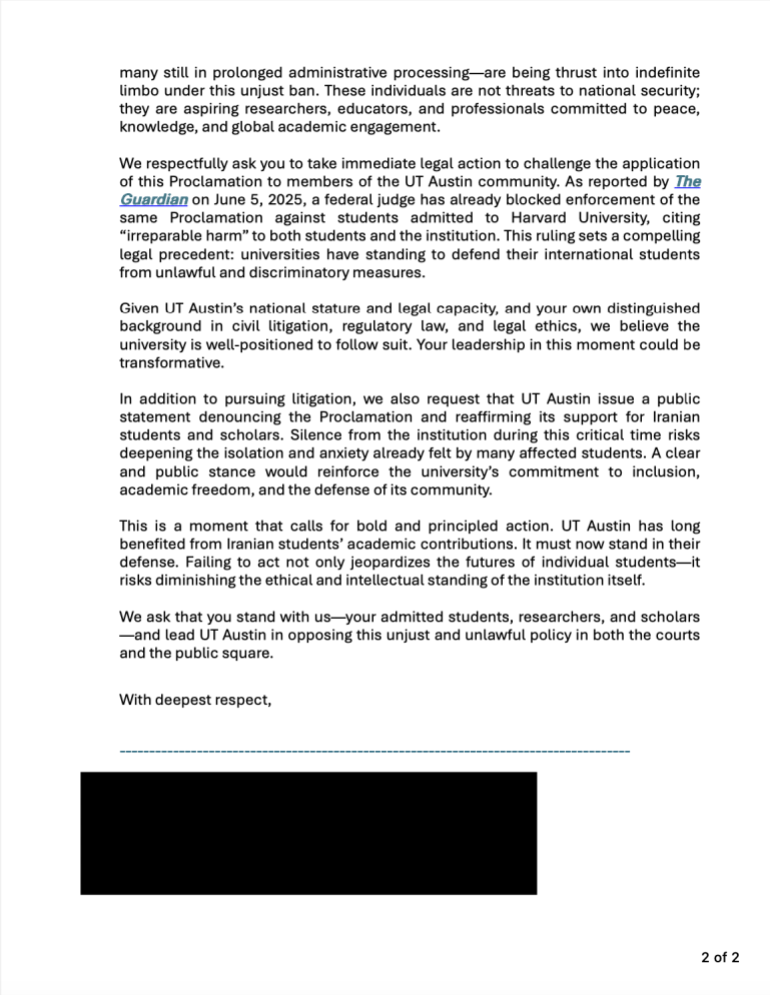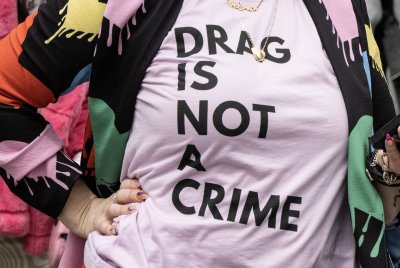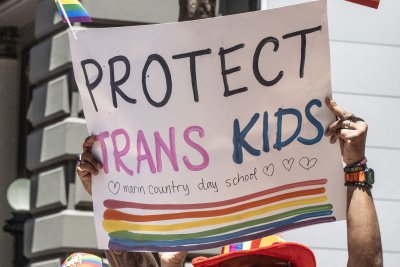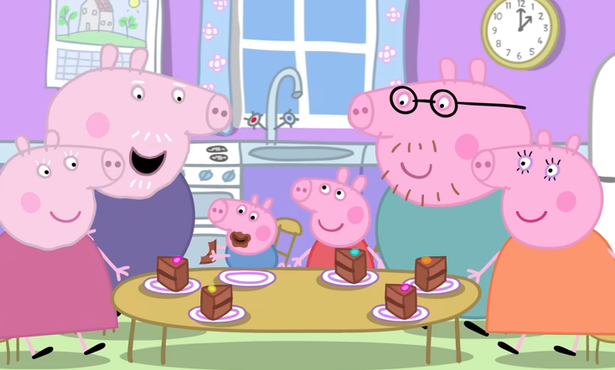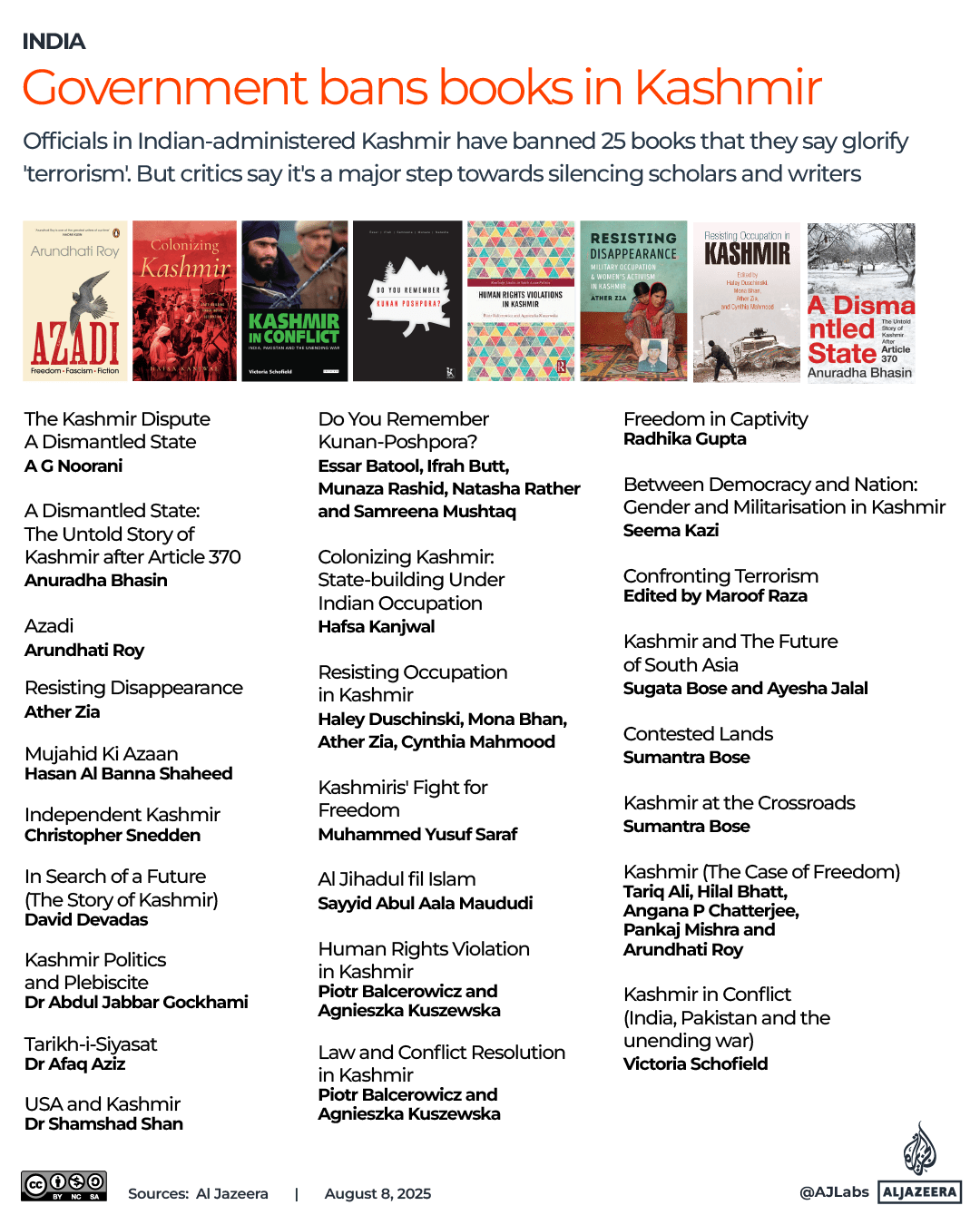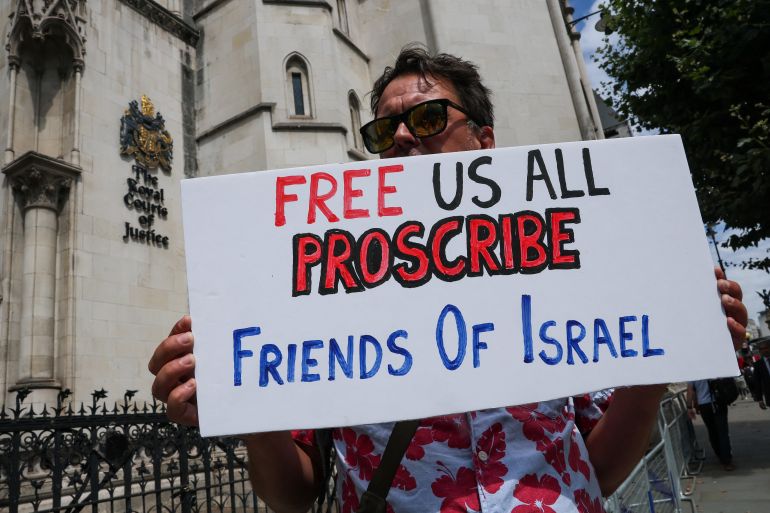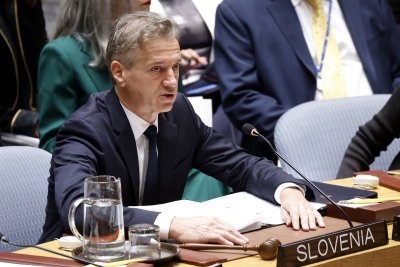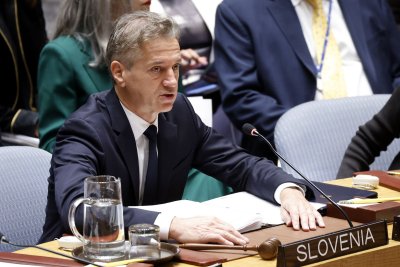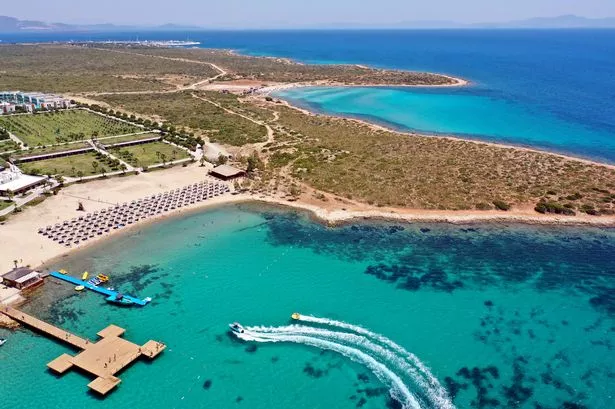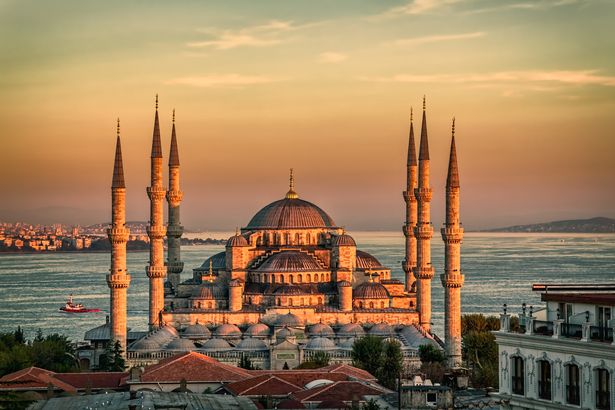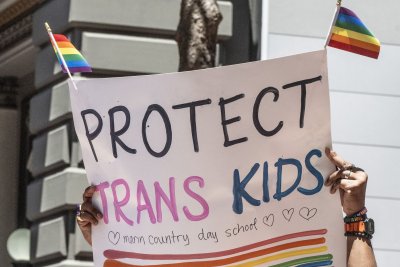As a parent I have had to take drastic measures and ban Peppa Pig for good after my daughter continued to repeat and awful word
Those of you who have tuned in previously for my Peppa Pig opinion pieces will already know that I am not the show’s biggest supporter.
I have outlined in the past that I would be switching over to Disney’s family fun show Bluey, instead of allowing my two-year-old to follow the likes of Peppa, George, Mummy Pig and Daddy Pig.
However, there was one occasion since my original statement when we accidentally watched the CBeebies programme. In fairness, it was not intentional, we’d tried desperately hard to find other shows that we felt were more suitable for our toddler. We’d just been watching Justin Fletcher’s Something Special show and before we’d realised, the infamous pigs were next to follow on the channel.
Of course, as Peppa and her family began to chime their snorts in the opening introduction, we were met with a roar of excitement from a toddler – who had not seen the show for sometime now.
I shot a look at my partner, both of us providing a nod of approval that we would make one small allowance – and that she could watch it “just this once”.
What we didn’t realise is that we would pay massively for “just this once,” a mistake that would live with us for weeks to come.
I think it’s worth noting for the record that our daughter, apart from when she’s unwell, is generally a good eater and will chow down most food with minimal fuss. Any way, back to the show and how this all ties together.
We happened to allow our two-year-old to tune into episode 34, of season one, titled ‘lunch”. I would go out on a limb here and say this was probably the worst instalment I’d ever seen and regret deeply ever putting it on now.
In this episode, George, Peppa Mummy Pig and Daddy Pig are visiting Granny and Grandpa Pig, who have collected fresh vegetables from their garden and invited everyone over to sample the goods with them at their table.
As they all dig in, sampling the delicious homegrown produce, George is left looking perplexed. Granny, Grandad, Mummy and Daddy Pig prompt him to try various varieties of salad to which he rudely replies: “Yuck,” and pokes his tongue out, moving his body away from his plate and turning his nose up.
Refusing to try anything put in front of him, he simply tells them: “Yuck,” each time before finally bursting into tears.
Grandad intervene with a clever tactic, turning the salad into a dinosaur, with T-Rex obsessed George eventually lapping up the healthy goods in no time at all.
I can see where the shows creators were going with narrative, that a little bit of creativity goes a long way but to use the word “yuck” in a food environment with impressionable toddlers watching, I simply do not agree with.
As soon as we heard the word “yuck” leave George’s lips, we knew we were in store for trouble. We’re at that age where anything you say aloud will be consumed much like a sponge absorbing water.
Sure enough, even after the episode had concluded, our two-year-old continued to repeat the word “yuck,” finding it utterly hilarious. We’d hoped this would pass but it didn’t.
The next day, we presented our daughter with a homemade lasagne for dinner, a meal I had personally prepared totally from scratch and had probably taken the best part of five hours to cook – over the course of various parts of the day.
As I placed her plate on the table, I was met with the word “yuck,” yet again. I tried to encourage her to eat with playful aeroplane notions and was further shunned as she told me: “Yuck, yuck and yuck,” much like George had done previously during the episode.
It wasn’t just happening in our home and we weren’t the only ones to witness her blatant rudeness. We are fortunate enough that we have parents who help us out with childcare once or twice per week. On a visit, they’d dished up a lunchtime staple, peanut butter sandwiches, but were also met with the exact same response.
On collection, we were left embarrassed as we summarised that George was to blame for her ill-mannered behaviour at meal times. We all mutually agreed that Peppa Pig would now be firmly banned across both households.
Even if Peppa Pig happens to roll onto our screens by accident again, I’ll be lunging for the remote as quicker than Usain Bolt to turn it off because in all honesty, from one parent to another, it’s really not worth the additional stress or red faced apologies.
Peppa Pig currently airs on CBeebies and Netflix.

